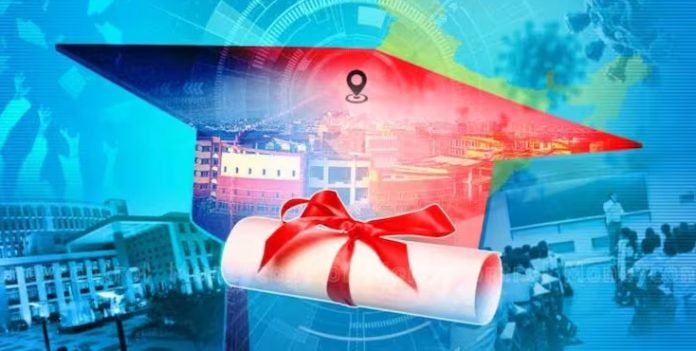LONDON, Nov 22: University College London (UCL) has announced a new scholarship scheme to enable 100 of India’s brightest students to study in the UK as well as its first-ever Summer School for pre-university students in the country.
UCL, one of the UK’s leading universities, said on Tuesday that its new India Excellence Scholarships will support Indian students with an outstanding academic record to pursue full-time Master’s degree studies at the institution.
For the 2024-25 academic year, 33 scholarships will be available for exceptional students who have or are on track to achieve a first-class degree. A further 67 scholarships will be awarded during the following two years.
“We are delighted to be able to offer these new and diverse opportunities that both illustrate our ongoing commitment to Indian students and strengthen our connection with India,” said Dr Michael Spence, President and Provost of UCL.
“Indian students are vital members of UCL’s global community and we are dedicated to providing more resources and support to help the very best of them share their knowledge and expertise with us in the UK,” he said.
As part of the UCL India Excellence Scholarships, which the university describes as its most extensive Indian scheme to date, prospective Master’s students in any discipline can receive 5,000 pounds towards their studies.
“I’m delighted that many of India’s brightest young people recognise the value of studying at a world-class institution such as UCL. The relationships they’ll build will deepen the links between India and the UK to everyone’s benefit,” said Christina Scott, Britain’s Deputy High Commissioner to India.
UCL has also revealed plans for a new Summer School programme to be based at the state-of-the-art campus of the British School in New Delhi, to give pre-university Indian students a taste of what it’s like to study at a world-leading UK university.
The inaugural UCL India Summer School will take place from June 10-14 next year and will feature leading UCL professors delivering modules to 50 students in years 10 and 11, working in small groups. (PTI)


